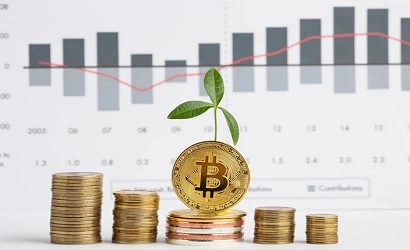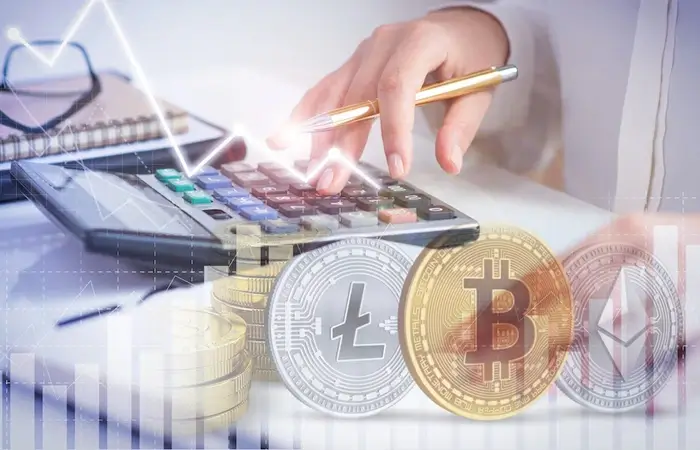Telegram
Skype
Signal

Gmail
UAE | India | USA | China | Germany | Japan | UK | Singapore | Australia | Italy | Canada

Cryptocurrency is a most popular form of VDA. It is being used as a currency i.e. mechanism to settle consideration and debts. that usually has no central issuing or regulating authority but instead uses a decentralized system to record transactions and manage the issuance of new units, and that relies on cryptography to prevent counterfeiting and fraudulent transactions.
Currency of any country is backed by ruler or government of respective jurisdiction. There is a federal or governmental authority monitoring and backing supply of currency and guarantee backing up value thereof. Unlike this, Cryptocurrency is product of blockchain. Creators of cryptocurrency have remained under veil of secrecy.
Therefore, sovereign authority who shall own up and deliver value against such a currency is unknown.
Cryptocurrencies are not controlled by the government or central regulatory authorities. As a concept, cryptocurrency works outside of the banking system using different brands or types of coins – Bitcoin being the major player. It is highly risky assets as their implications on national security and financial stability could be serious. It is not regulated digital currency even in the past as well as in current times. Government has not promoted cryptocurrency. Despite a new scheme to provide for taxation of such virtual digital assets has come, the government is yet to clarify whether cryptocurrencies would be regulated or banned. Currently, India has not regulated crypto currencies.
Section 115BBH has been inserted by the Finance Act, 2022, w.e.f. 1-4-2023 i.e. Financial Year beginning from 01.04.2022. The said section provides for charge of tax on income from transfer of Virtual Digital Assets at a flat rate of 30%. Thus, income resulting from transactions in Virtual Digital Assets on and after April 1, 2022 shall be taxed under section 115BBH, notwithstanding any other provisions of law.
1) Where the total income of an assessee includes any income from the transfer of any virtual digital asset, notwithstanding anything contained in any other provision of this Act, the income-tax payable shall be the aggregate of
2) Notwithstanding anything contained in any other provision of this Act

Where the total income of an assessee includes any income from transfer of any virtual digital asset, the income tax payable shall be the aggregate of the amount of income-tax calculated on income of transfer of any virtual digital asset at the rate of 30% and the amount of income-tax with which the assessee would have been chargeable had the total income of the assessee been reduced by the aggregate of the income from transfer of virtual digital assets.
It is interesting to note that no amendment is proposed in section 2(24), section 28 and section 45 of Income-tax Act. None of the heads of the income as specified in section 14 of the Act are made applicable for computation of income from transfer of VDA. Generally, Income-tax Act, provides that if the income is not taxable under the head Profits and Gains from Business and Profession or under Capital Gain, than the income will be taxed as Income from other Sources.
Example: Mr. A has purchased 1,000 NFTs at Rs. 1,400 each on 16 July 2020. He transferred all NFTs at Rs 1,700 in the previous year 2022-23.
The income under head income from other sources will be Rs 3,00,000 which will be taxable at rate of 30%
Section 115BBH(2)(b) provides that no set-off of loss from the transfer of the virtual digital asset shall be allowed against income computed under any other provision of this Act to the assessee.
However, in the context of the proposed amendment, no set off of loss/ expenditure except for cost of acquisition is permissible. The provision is very harsh. As a taxpayer, if the money is lost, then obviously there cannot be flow for payment of taxes. However, as the Government and RBI wants to discourage transactions in virtual digital assets.
Each VDA in an investor’s portfolio, i.e, crypto coins or non-fungible tokens (NFT), will be treated as a separate asset class, and the gain or loss against the transfer of a particular VDA cannot be set off/adjusted against the loss or gain, respectively, in any other VDA.
Section 115BBH(2)(b) also provides that loss from virtual digital assets not be allowed to be carried forward to succeeding assessment years